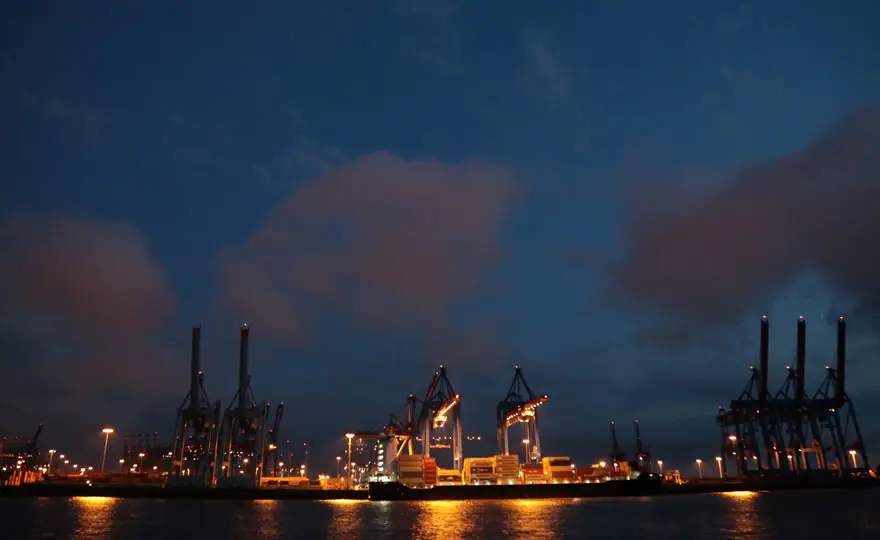ClientEarth Communications
17th May 2019


This year, the shape and fate of investor-state dispute settlement mechanisms (ISDS and ICS) are at stake.
Following widespread criticism by civil society, governments and academics in recent years, reforms of the controversial arbitration mechanism are underway at international level at the United Nations Commission on International Trade Law (UNCITRAL).
Real systemic reform is needed at international level. And a disappointing European Court ruling that found investment court system (ICS) in the Canada-Europe Trade Agreement (CETA) legally compatible with EU law should not distract us from this objective.
This is the chance for decision makers to sit up and make the only credible decision: get rid of ISDS and ICS mechanisms, once and for all.
Why? Because it is an anachronistic, asymmetric system that favours businesses over the general public interest. It represents a major threat to the rule of law and the protection of our environment. At a time where public authorities must act fast to tackle climate change and biodiversity loss, obstacles to political or regulatory action must be lifted.
Arbitration mechanisms like ISDS are embedded in most trade and investment agreements. These provisions enable big corporations to sideline domestic courts and privately sue governments whose environmental or social policies may affect their investment.
In a large number of cases, companies defeat public authorities and taxpayers foot the bill, paying huge amounts of compensation imposed as a result of laws their elected representatives have introduced. This is wrong.
Arbitration mechanisms have a demonstrable regulatory chill effect on environmental laws. They can prevent governments from applying existing environmental laws or from drafting new regulations under the fear of foreign companies’ attacks.
Because of an ISDS case, the city of Hamburg backed off from applying European and German regulations aimed at tackling climate change and water pollution caused by coal plants.
Following a delay in granting a coal-fired plant permit causing great environmental concerns, the Swedish energy firm Vattenfall launched a €1.4billion investor-state claim against Germany in 2009. After many twists, the case was ultimately settled out of court after the German government agreed to water down its environmental requirements.
This case is one obvious example of regulatory chill, caused by the asymmetry of a system that favours private interests over social and environmental interests.
ISDS mechanisms offer a parallel and direct ‘one-way route’ for foreign investors to sue governments. They afford unbalanced privileges to these investors, without imposing any responsibilities for their activities.
This asymmetric system is also profoundly undemocratic. People affected by an investment dispute and who are willing to defend the environment they live in are completely overlooked in the proceedings.
In Romania, local people from Rosia Montana protested against a Canadian gold mining project, which would have destroyed their natural and cultural heritage. Through action in local courts, they managed to stop the illegal permit in accordance with national and European environmental standards. But for how long? The mining company is now attempting to sue the Romanian state for $4 billion before the World Bank arbitration tribunal. The local community is fighting to have its voice heard but the arbitration procedure only allows for an ‘amicus curiae’ status. Such status allows third parties to a case to assist the investment tribunal by bringing a different perspective or insight. However, this does not equate to full participation rights.
In that case as in many others, domestic courts, which are crucial for the functioning of our democracies, are completely bypassed. Taking disputes out of the jurisdiction of domestic legal systems is a major threat to the rule of law, as these investment tribunals sit outside national judicial order.
It does not serve these systems but undermines them. This particularly true for developing countries as it does not help to build their legal, judicial or administrative capacities, it does not develop domestic rule of law and it does not enhance their reputations as legitimate fora for dispute resolution.
This problem is exacerbated by the fact that international investment law does not even require investors to find a local resolution first – there is no ‘exhaustion of local remedies’ (ELR) requirement – and investors can go straight to an international proceeding.
This is in sharp contrast with both customary international law and international human rights law, where individuals are required to seek redress before domestic courts before bringing international proceedings against the state for wrongful acts. This ELR requirement is a basic but crucial safeguard for the powers of domestic courts, and by extension the sovereignty of the state.
Ongoing reform talks at UNCITRAL risk being mere window dressing with a few cosmetic changes. The reforms must tackle the core problem of ISDS: the entrenched imbalance between investors and all other actors, which sits at the heart of the mechanism. The only solution for a fair and sustainable system that respects social and environmental laws is to remove ISDS from trade and investment agreements, and opt for already available alternatives for investment protection.
Domestic legal systems are clearly the most appropriate and effective route for the resolution of investment disputes. Where necessary, trade and investment agreements should be used to restore, strengthen and maintain them. This would help place the general interest, such as the protection of the environment, before private interests.